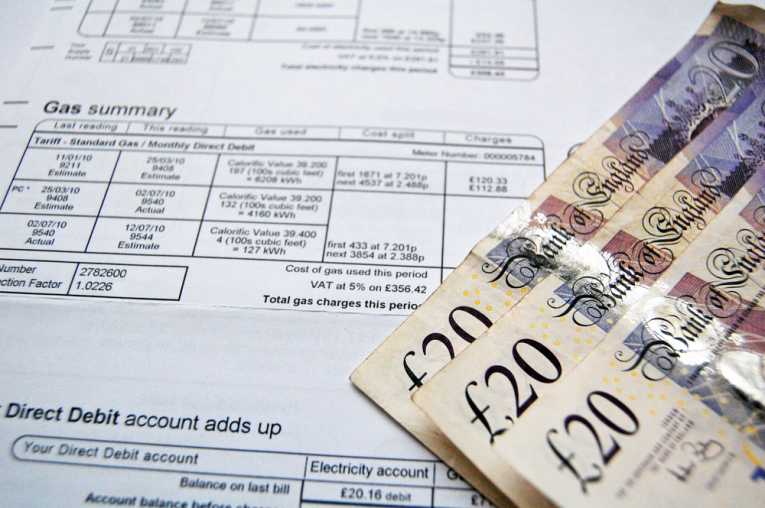As the temperatures drop our energy bills jump up and price increases become all the more noticeable. But where are those increases coming from? The Committee on Climate Change (CCC), an independent body created to provide advice, monitoring and information to the government to assist in achieving the objectives of the Climate Change Act (2008), have released a report that suggests that the majority of the increase is due to the rising cost of gas.
Their research looked at British homes that are using gas to heat their properties (making up almost 85% of UK households). These households saw increases of over £400 from 2004 to 2010 and the CCC wanted to show that government environmental policies were not the root cause. 2010 had two important factors to take into account: the British winter was the coldest for 31 years, and energy prices had increased significantly.
A breakdown of the costs revealed that whereas carbon emission reduction policies contributed 16% of the overall rise in prices, 84% was due to VAT (an additional £20), the price of gas (£290) and the expenses involved in delivering it to homes.
The report not only looked back. The report made some suggestions to help minimise the impact of future energy price increases. They explained that, based on current policies, environmental investments would add over £100 to the average annual bill in the coming ten years.
The CCC highlighted the importance of modern gas boilers with lower consumption and improved efficiency and combined with insulation, intelligent heating control and low energy appliances, they would effectively eliminate the cost increases caused by gas price rises.
A brief look at homes using oil, LPG and solid fuel suggested that they will have similar cost increases and opportunities for savings.
Unfortunately for those that use electricity for heating, the CCC noted that these households would feel the effects of government policy more keenly and that as of yet there has been little work done to balance this impact.










